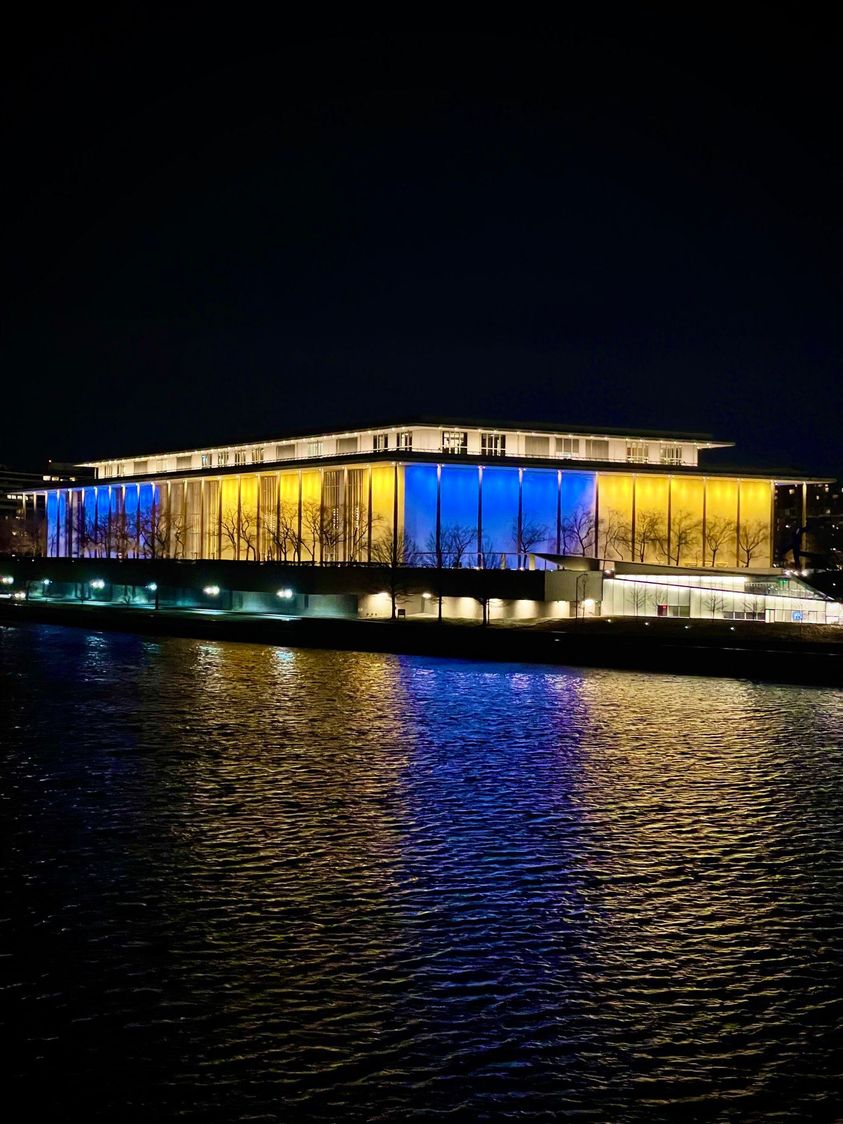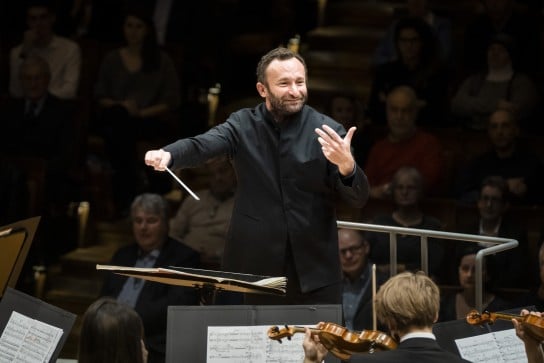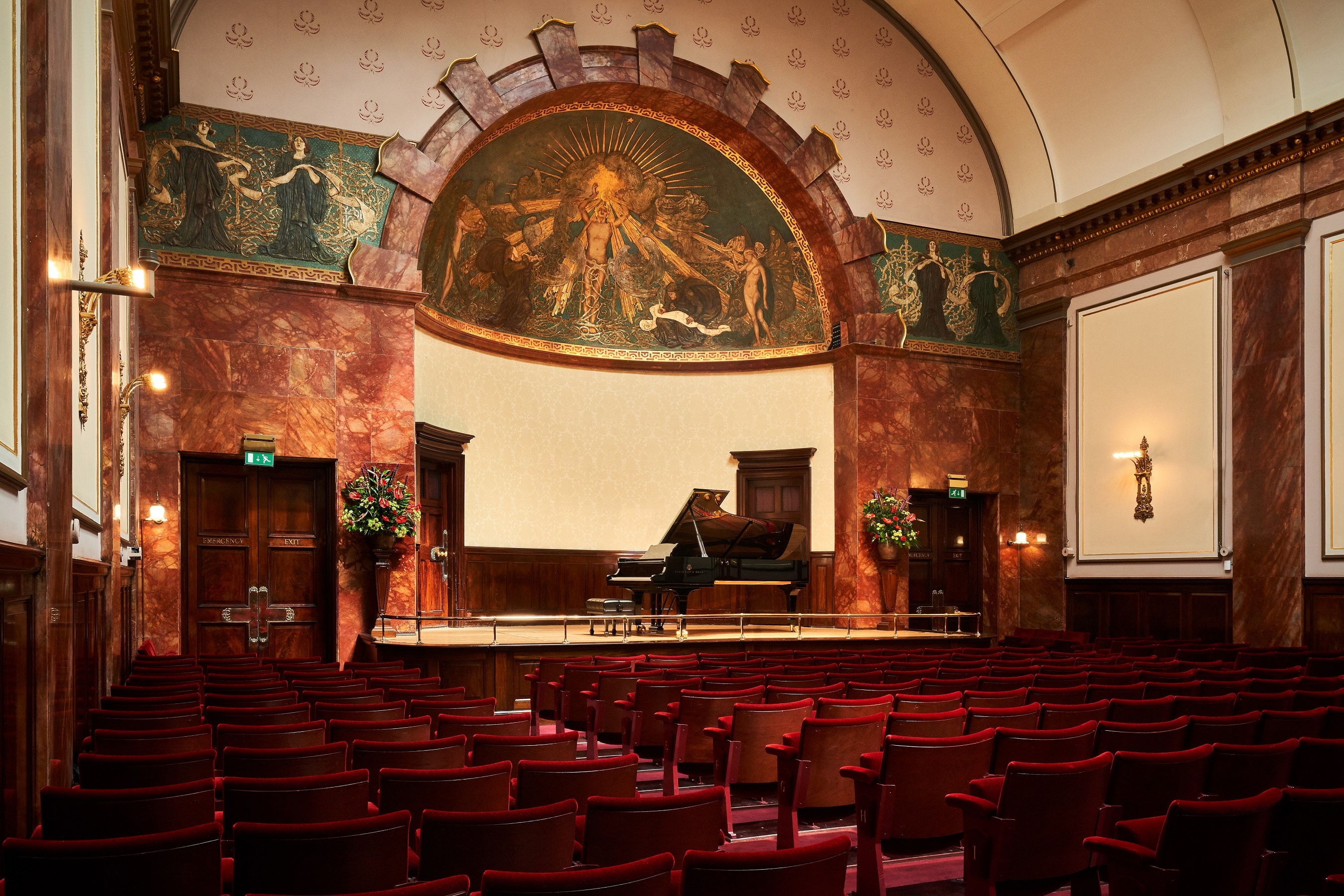English National Opera goes 90% British
mainNext season’s announcement at noon today is prefaced by a post-Brexit declaration:
90% of the cast this season is British, British-based or British-trained, continuing the ENO’s commitment to support and nurture homegrown talent.
There will be four new productions and three revivals, 67 performances in all, which is a very shrunken season.
The new shows are:
Gilbert and Sullivan HMS Pinafore
Wagner, The Valkyrie (Richard Jones)
Janacek, The Cunning Little Vixen
and
Poul Ruders, The Handmaid’s Tale






Comments